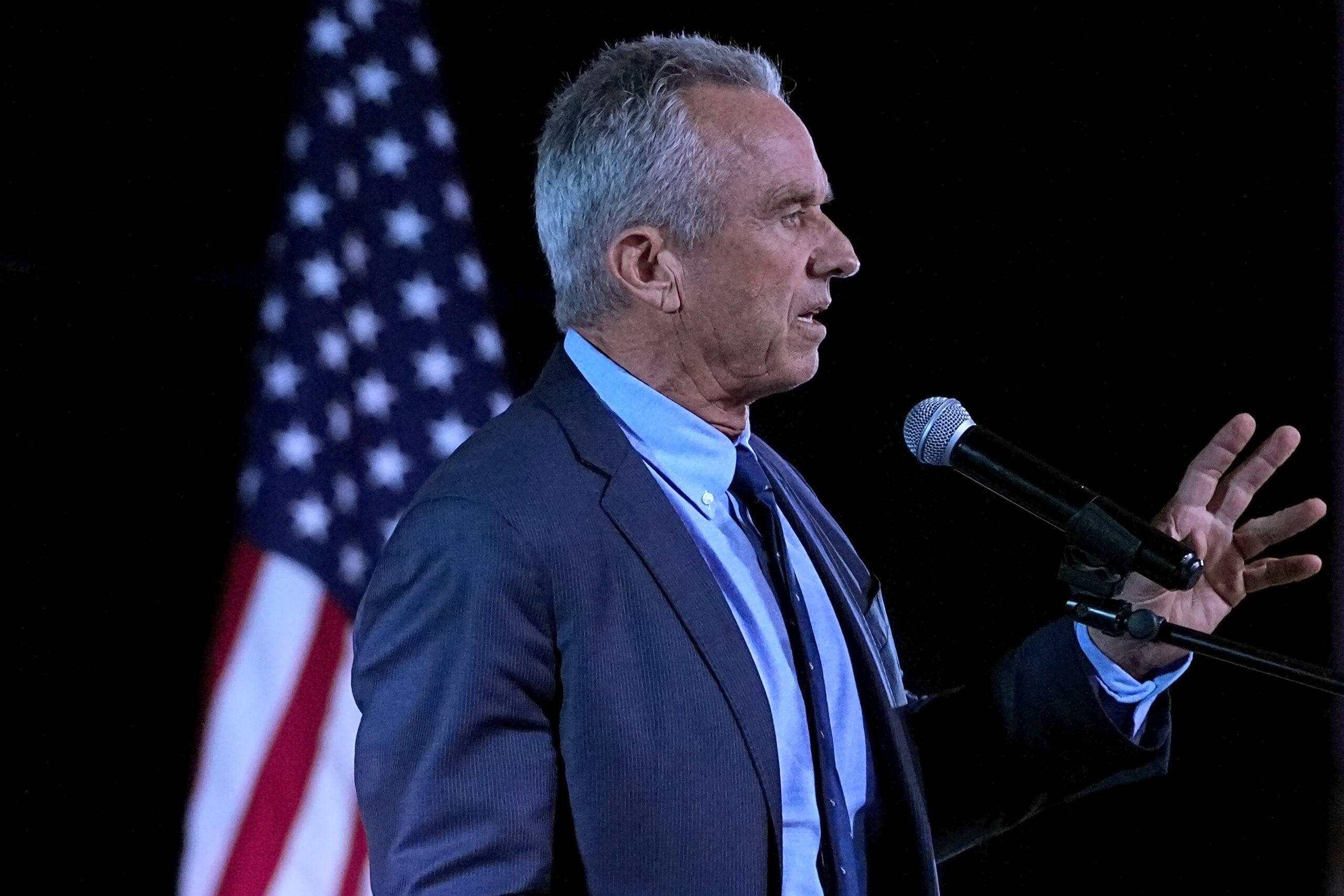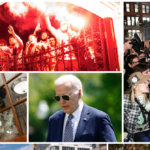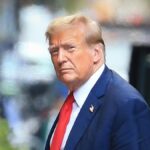

Homeland Security Secretary Alejandro Mayorkas, who today faces a second impeachment vote in the House, personally rejected an “urgent” appeal from independent presidential candidate Robert F. Kennedy Jr. for Secret Service protection.
In a letter dated July 21, 2023, two weeks after the urgent appeal, Mayorkas dismissed the request without explanation.
The letter to Secret Service Director Kimberly A. Cheatle said, “On May 26, 2023, candidate for President Robert F. Kennedy, Jr. submitted a request to the Department of Homeland Security for United States Secret Service protection. In accordance with the authority set forth in Title 18, United States Code, Section 3056(a)(7), and in consultation with the Candidate Protection Advisory Committee, I decline to identify candidate Kennedy for United States Secret Service protection at this time.”
The letter was included in a second batch of records provided to legal watchdog Judicial Watch. It included 99 mostly blank and redacted pages of information.
Judicial Watch President Tom Fitton decried Mayorkas’s decision.
“It is simply despicable that Secretary Mayorkas refused needed Secret Service protection for Robert F. Kennedy Jr.,” he said, adding, “That it took a federal FOIA lawsuit to force out this information speaks volumes.”
Mayorkas has provided little transparency at his agency, which is under attack for dissolving border security. In a second try, House Republicans are hoping to vote to impeach him tonight for his inaction at the U.S.-Mexico border.
Just last week, Secrets reported on the first batch of records the Secret Service provided to Judicial Watch, which had to resort to a lawsuit to get the information under the Freedom of Information Act.
Those papers showed that the Secret Service reviewed Kennedy’s request for security. In them, officials ordered that nobody respond to Kennedy.
In one of the 63 pages of mostly redacted emails, a top official concluded that “no response” to Kennedy or his worried private security team was needed, “nor should it.”
Kennedy’s uncle, former President John F. Kennedy, and his father, Robert F. Kennedy, died in assassinations.
SEE THE LATEST POLITICAL NEWS AND BUZZ FROM WASHINGTON SECRETS
Within 24 hours of the June 6, 1968, assassination of then-Sen. Robert F. Kennedy, President Lyndon Johnson directed the Secret Service to provide protection to presidential candidates.
Under current law, the Department of Homeland Security and congressional leaders have the discretion to order Secret Service Protection of presidential candidates.







